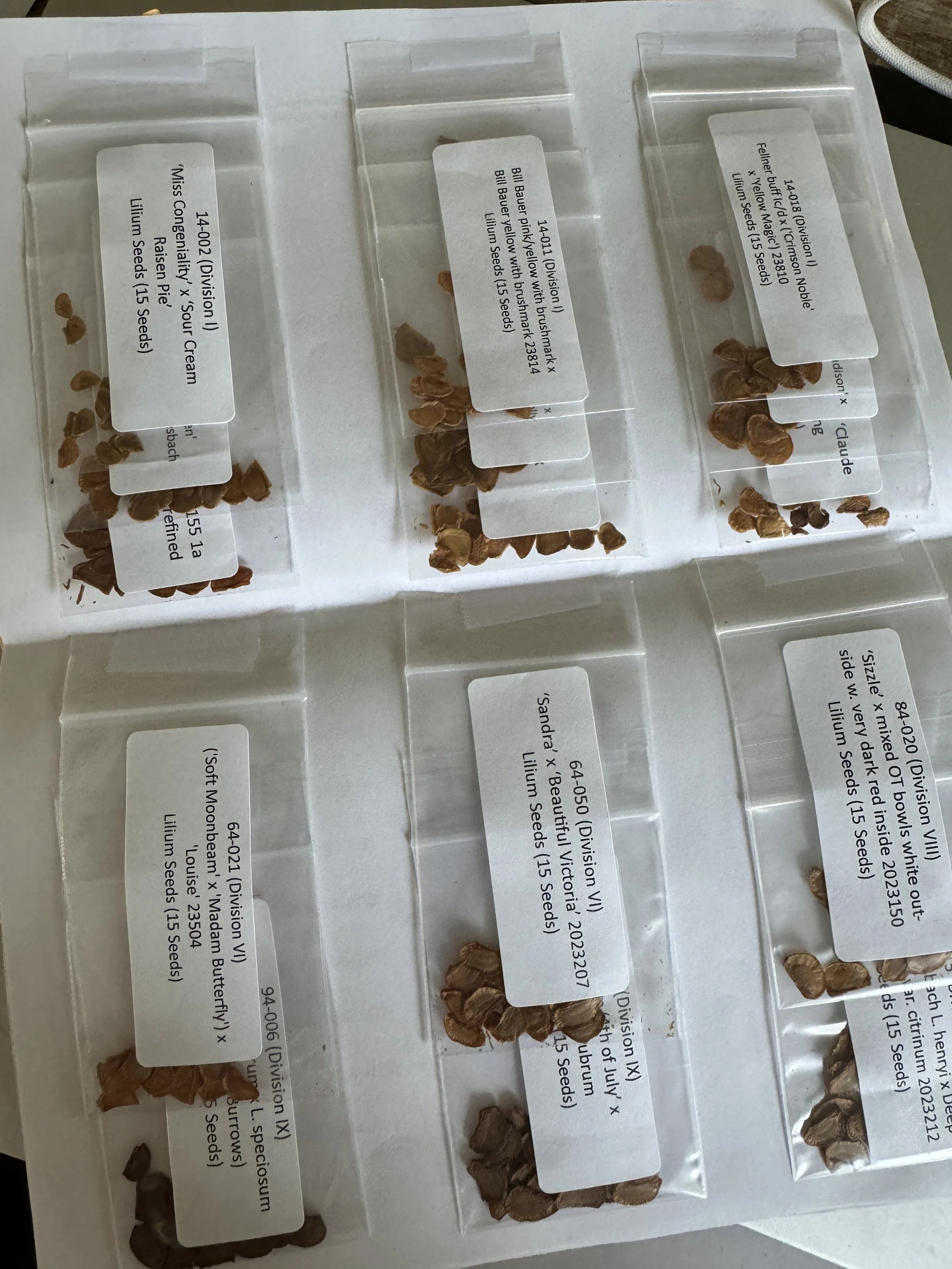The Power of Small Breeding Programs
Hi! Welcome back.
This month’s Pro Live session was about the rising importance of “small breeders” and hobbyists in advancing varietal development and resisting the giant multi-national conglomerates like Syngenta that are monopolizing seed production (for food and flowers) around the globe. There’s never been a better time to save your own seed, take your own cuttings, or bring something new to the marketplace for your fellow growers.
Their is widespread reliance on the products and services of very large conglomerates that are participating in some concerning business practices around the globe. Their influence is more than most people would even fathom if possible. Take Syngenta for example. This company brings us flower seeds, rooted cuttings, plants, solutions and chemicals like rooting hormones and the Chrysal group of products.
At a recent conference Syngenta was a sponsor. And also a speaker (almost every speaker there was a sponsor).
In addition to their control of the floriculture industry, they control a significant amount of global food seeds: corn, soybeans, cereals, vegetables. They buy up smaller breeding companies and control the patents.
They also produce some of the most dangerous pesticides on the planet and participate in the harassment and intimidation of their own scientists who dare blow the whistle on them. A pesticide that is banned in other countries is used here in the US and is being linked to Parkinson’s disease.
We’re also seeing them buying up farmland all over the world.
When you start to think about what’s happening, it isn’t hard to wonder if we are buying our way to our own demise. The profits large conglomerates bring in are being used to buy farmland for their own purposes, to silence scientists who are worried, and to ultimately determine which products will be made available to us in the future.
It’s a tremendous amount of control. Control of land, control of seed, control of food, control of health. To maintain power, they also use profits from our sales for political contributions. The syngenta PAC gave $151,000 to the republicans and $56,000 to the democrats. From 2023-2024 they have $289,000 to republicans and $41,000 to democrats.
So— what can/should we do?
Take a moment and look to see where your plants come from.
Do you know who is producing your plugs? Do you know where in the world they are made? Is there anything about the producer’s work that makes you uncomfortable?
Let your supplier know that you’d like an alternative.
There’s little incentive for suppliers to make changes when people just keep carrying on. Let them know that their products make you uncomfortable and let them know why.
Support your local flower farmers who are offering wholesale products.
See if you can find a small farm supplier for your seeds or products or start a seed bank with fellow growers.
Experiment with the art of flower breeding.
One of the biggest take aways from my travel to Minnesota and Ohio this month and The Netherlands earlier this year was the stark difference between what I’m calling “Big Farm-a” and the backyard breeder.
Insights into Backyard hybridizing:
This video includes some insights into the world of flower society hybridizing work.
It is very giving, it produces the most beautiful varieties and I think we help interested breeders grow into an industry that we can all support.
Hybrid lily seeds from members of the North American Lily Society. Their seed bank is available to members.
Insights into Big Farm-a:
driven by control of resources and dependent on a high carbon footprint.
driven by the preferences of the biggest buyers.
Start a seed bank:
Look to a local flower society to learn more about seed collection and trading. There is so much knowledge in these groups and it is often an aging membership that is holding on to these keys.
Floret has a free seed saving mini course on zinnias, dahlias, and celosia.
Here is a list of some easy seeds to save:
Agrostemma
Amaranth
Baptisia
Bupleurum
Celosia
Chamoile
Columbine
Cress
Explosion grass
Forget me nots
Foxglove
Larkspur
Love in a Puff
Lunaria
Nigella
Poppies
Scabiosa
Snow on the Mountain
Strawflower
Sunflowers (non F1 hybrids)
Zinnia
Ideas for starting a seed saving collective:
-Join an existing collective or seed exchange
-Work with nearby farms. Who is confident in producing high quality seeds and for which varieties?
Sources for seeds that haven’t been bought up by “Big Farm-a” yet.
-Look to companies like Johnny’s Selected Seeds, Swallowtail Garden Seeds, Select Seeds, American Meadows. And look up the hybridizing info for specific varieties to learn where varieties are bred and by whom.
Plants that are easy to share/divide:
baptisia
coralberry
dahlias
heliopsis
hydrangea
lilac
mint
mums
ninebark
peonies
perennial grasses
rudbeckia
sedum
willow


